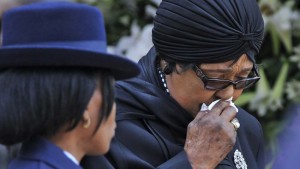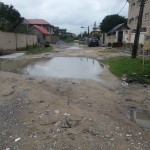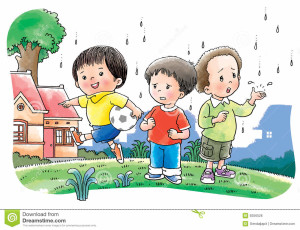Ohun ti Yorùbá mọ̀ si àròkàn n irònú igbà gbogbo. Kò si ẹni ti ki ronú, ṣùgbọ́n àròkàn léwu. Inú rirò yàtọ si àròkàn. Inu rirò ni àwọn Onimọ-ijinlẹ̀ lò lati ṣe ọkọ̀ òfúrufú tàbi lọ si òṣùpá, oògùn igbàlódé lati wo àisàn, àti fún ipèsè ohun amáyédẹrùn igbàlódé yoku ṣùgbọ́n àròkàn lo nfa pi-pokùnso, ipàniyàn, olè jijà àti iwà burúkú miran.
Bi èniyàn bá lówó tàbi wa ni ipò agbára kò ni ki ó má ro àròkàn nitori ìbẹ̀rù ki ohun ini wọn ma
parẹ́, àisàn, ọ̀fọ̀, àjálù, à i ri ọmọ bi, ọmọ ti o n hùwà burúkú àti àwọn oriṣiriṣi idi miran. Bakan naa ni òtòṣì lè ni àròkàn nitori à i lówó lọ́wọ́ tàbi aini, àisàn, ọ̀fọ̀, ìrẹ́jẹ lati ọ̀dọ̀ ẹni ti ó ju ni lọ, ìrètí pi pẹ́ àti àwọn idi miran.
Lára àmin àròkàn ni: à i lè sùn, à i lè jẹun, ìbẹ̀rù, ẹkún igbà gbogbo, ibànújẹ́ tàbi ọgbẹ́ ọkàn. Àròkàn kò lè tú nkan ṣe à fi ki ó bá nkan jẹ si. Ewu ti àròkàn lè fà ni: ẹ̀fọ́rí igbà gbogbo, aisan wẹ́rẹ-wẹ̀rẹ, aisan ẹ̀jẹ̀ riru, òyi àti àárẹ̀.
Ni igbà miran kò si ohun ti èniyàn lè ṣe lati yẹ àròkàn pàtàki ẹni ti ọ̀fọ̀ ṣẹ, á ro àròkàn ṣùgbọ́n ọ̀pọ̀ igbà àwọn ohun miran wà ni ikáwọ́ lati ṣe lati din àròkàn kù. Lára ohun ti ẹni ti ó bá ni àròkàn lè ṣe ni: ki ó ni igbàgbọ́, ìtẹ́lọ́rùn, ro rere, ṣe iṣẹ rere, jinà si elérò burúkú tàbi oníṣẹ́ ibi àti lati fẹ́ràn ẹni keji.
ENGLISH TRANSLATION Continue reading
Originally posted 2016-05-23 18:30:49. Republished by Blog Post Promoter












